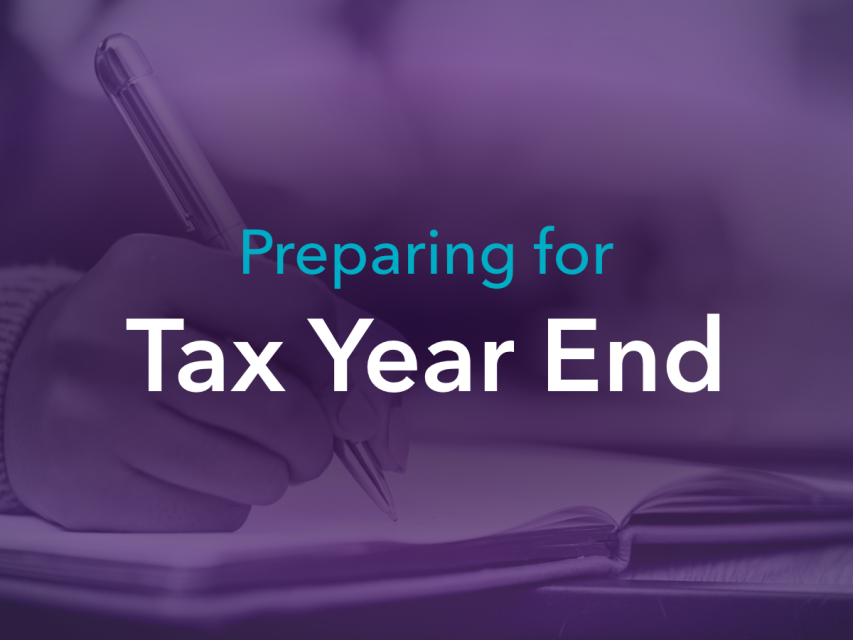Should you keep investing after 60?
For many, turning 60 used to signal the final countdown to retirement — but today’s landscape looks very different.
People are living longer, staying healthier, and often working well into their late 60s or beyond.
So should you keep investing after 60?
The answer depends on your personal goals, financial situation, and how you want your money to support you in the years ahead.
In this article, we explore why investing can remain a key part of your financial strategy even after 60 – and the risks and opportunities that come with it.
Why 60 doesn’t have to represent the investing finish line
Longer retirements require long-term planning
UK life expectancy has continued to rise in recent decades. If you’re in your early 60s today, you could well live into your 80s or 90s, meaning your retirement could last 25–30 years. Investing could be beneficial in helping your money work for you throughout this time.
Inflation doesn’t retire when you do
Inflation quietly erodes the value of cash over time. Even with rates fluctuating, long-term inflation poses a risk to savers who rely heavily on cash. Sensible investing could help your capital grow or generate income that can outpace rising living costs.
Pensions and drawdown flexibility
The pension freedoms of 2015 gave those looking to access their pensions greater choice. This means your pension pot can remain invested into your 60s, 70s, and beyond. Continued investing supports flexible income, tax efficiency and growth potential throughout retirement.
Key considerations before you invest beyond 60
Time horizon
Your investment strategy should reflect your time horizon. Even in retirement, you may have short, medium and long-term goals.
Risk tolerance and capacity
Risk tolerance is the level of risk an investor is willing to take. It’s important to distinguish between how much risk you’re comfortable with (risk tolerance) and how much you can afford to take (risk capacity). Your risk tolerance is, amongst other things, connected to the timeframe of your financial goals – for example, a more conservative approach may be suitable if you only have a short time left until you’ll need your money. A financial adviser can help assess your risk tolerance and capacity.
Access to funds
Do you have enough accessible funds for emergencies, holidays, or care costs? If not, you may need to reallocate part of your portfolio to more liquid assets or cash.
Tax benefits
Investing after 60 can still offer several tax benefits:
- ISAs allow tax-free income and capital gains
- Pensions offer tax-deferred growth and flexible withdrawals (available from the Normal Minimum Pension Age)
- Keeping within Capital Gains Tax and Income Tax thresholds may help to optimise returns
Tax efficiency becomes even more important in retirement by using allowances and structuring withdrawals, especially if you’re drawing from multiple sources.
Investment options for the over-60s
Adjusting your strategy
Turning 60 doesn’t necessarily mean selling all your investments – it may simply be time to adjust your portfolio. You’ll still have a wide range of investment options to consider, and many are designed specifically with retirees or later-life investors in mind.
You could consider shifting from pure growth to growth with income or look to diversify more widely across asset classes to manage volatility. A balanced approach can help preserve your wealth, generate income, and provide peace of mind in retirement. A financial adviser can help realign your investments to your goals.
Types of investments to consider:
Here are some investment types for over-60s along with their typical roles in a retirement portfolio:
Multi-asset funds combine equities, bonds, cash, and sometimes property or alternative investments, all in one portfolio. Not all multi-asset funds are the same so it may be a good idea to ensure the fund’s risk level aligns with your personal tolerance.
Tax-efficient investment wrappers such as ISAs and pensions can shelter your investments from unnecessary tax, optimise your retirement income, and potentially pass on more of your wealth to loved ones – though the rules around Inheritance Tax and pensions are changing[3].
- ISAs provide an option for tax-free withdrawals during retirement. Every tax year you can save up to £20,000 in one account or use strategically across multiple accounts.
- Pensions are beneficial for tax planning and inheritance. You can withdraw from your pension in a way that enables you to take some money tax free (up to 25%) whilst leaving the rest invested. Alternatively, you can take your whole pension pot as cash straight away if you want to, no matter what size it is. A total of 25% of your total pension pot will be tax-free while you’ll pay tax on the rest as if it were income.
Cash and short-term savings vehicles
While investing is key to growing and protecting your wealth over time, cash can play an important role in retirement planning.
- Emergency fund:Unexpected expenses can arise at any age, from home repairs to health-related costs.
- Short-term needs:You may have planned expenses in the near future such as holidays, gifts for family, or home improvements. Holding enough cash to cover these planned outflows can provide peace of mind.
- Reducing market risk:By holding a portion of your portfolio in cash, you may reduce exposure to market volatility, which can be especially important as you rely more on your investments for income.
Dividend-paying equities
These are investments in companies that distribute a portion of their profits back to shareholders in the form of dividends. For investors over 60, this can provide a valuable source of regular income alongside potential capital growth.
You can access dividend-paying stocks in several ways, depending on your level of involvement and appetite for risk. However, while dividend-paying equities can play a powerful role in retirement planning, they are not risk-free. For example, companies can cut dividends, while they can also be impacted by market share prices and therefore can fluctuate significantly, especially in uncertain economic conditions.
A diversified approach, ideally with help from a financial adviser or through managed funds, can help manage risks while still enjoying the benefits of dividend investing.
Bringing it all together
The right mix of investments after 60 will depend on your:
- Income needs
- Lifestyle goals
- Risk appetite
- Tax position
- Estate planning considerations
With careful planning, your investments can continue to support you well into later life – helping you to enjoy retirement on your terms.
Final thoughts and staying informed
Reaching 60 is a major life milestone – but it doesn’t have to signal the end of your investment journey. With people living longer and retirement becoming more flexible, investing remains a valuable tool for protecting and growing your wealth.
A financial adviser can help to clarify your goals and risk profile, navigate tax rules and pension regulations and create a bespoke portfolio aligned to your needs.
Whether you’re still working or newly retired, having a financial plan that evolves with you is crucial.
With investing, your capital is at risk. Investments can fluctuate in value and you may get back less than you invest. This material is not a personal recommendation or financial advice and the investments referred to may not be suitable for all investors.
Tax is subject to an individual’s personal circumstances and tax rules can change at any time.
Pension eligibility and tax rules apply. You should ensure your contribution does not result in your total Pension contribution within the tax year exceeding £60,000 or 100% of your earnings, whichever is lower.
ISA eligibility and tax rules apply. You should ensure your contribution does not result in your total ISA contribution within the tax year exceeding £20,000.
The Financial Conduct Authority do not regulate Will Writing, Tax Advice or Estate Planning.
True Potential Wealth Management is authorised and regulated by the Financial Conduct Authority. FRN 529810. Registered in England and Wales as a Limited Liability Partnership No. OC356611.
True Potential Investments LLP is authorised and regulated by the Financial Conduct Authority. FRN 527444. Registered in England and Wales as a Limited Liability Partnership No. OC356027.
True Potential LLP is registered in England and Wales as a Limited Liability Partnership No. OC380771.






